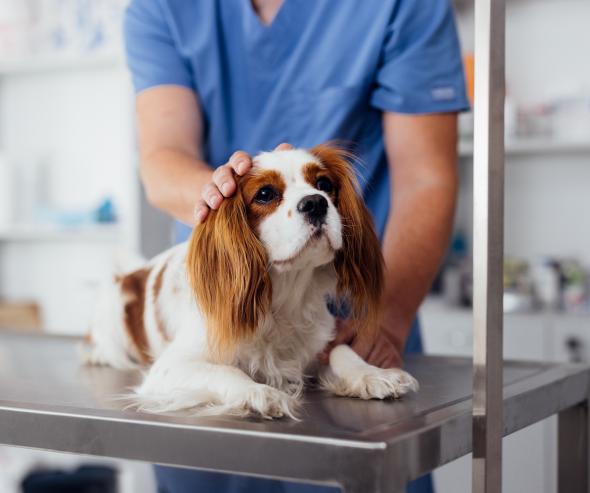The Autorité de la concurrence publishes its opinion on pricing conditions for veterinary medicines and changes in the cost of veterinary care

On 18 June 2024, the French Minister of the Economy, Finance and Industrial and Digital Sovereignty asked the Autorité de la concurrence for an opinion on the pricing conditions for veterinary medicines and changes in the cost of veterinary care in France.
In its opinion, the Autorité notes a changing landscape in the veterinary profession, with the development of networks of “corporate”[1] veterinary clinics, and identifies an across-the-board increase in the cost of animal care, which may be amplified by certain factors at work in these networks and by their sometimes high levels of concentration at departmental and municipal level. The Autorité will therefore remain vigilant regarding the structural effects of mergers in this sector and may consider reviewing, ex post, veterinary clinic acquisitions that raise competition concerns.
In the veterinary medicine market, the Autorité notes that central negotiation bodies are playing a growing role in commercial discussions with laboratories. Some laboratories and wholesale redistributors have raised questions about this, complaining that discount rates are too high and that veterinarians’ prescription behaviour is being influenced by these central bodies. However, the Autorité did not find any concerns in this respect, as the commercial conditions applied are mainly the result of negotiation and competition between manufacturers. Moreover, at this stage, the conditions required to establish that laboratories are in a situation of economic dependence vis-à-vis central negotiation bodies are not met.
Lastly, after examining the ethics rules applicable to the veterinarians, the Autorité notes that while certain restrictions of an ethical nature may be justified in light of general interest objectives, other provisions are unjustified and likely to restrict the exercise of the veterinary profession.
1 Veterinary clinics in which third-party investors that are not veterinary professionals hold a minority stake.